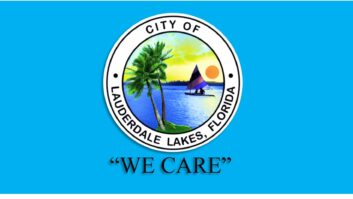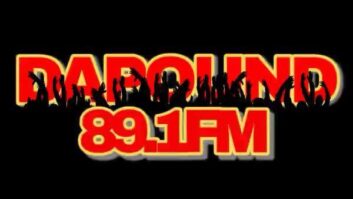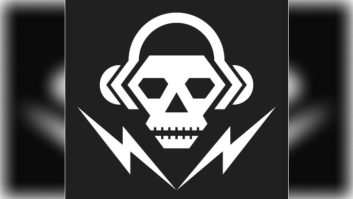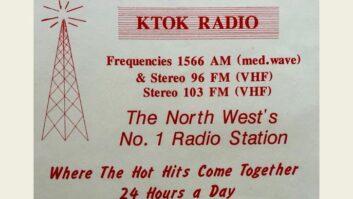The chairman of the FCC is hailing “significant progress” in fighting illegal radio.
Putting the term pirate radio in quotation marks, Chairman Ajit Pai and the commission issued a statement: “The FCC’s Enforcement Bureau has led an effort to crack down on this illegal activity, resulting in unlawful broadcasts going off the air, seizure of equipment, fines against pirates, proposed fines against pirates and property owners actively aiding pirate radio operations, and numerous other enforcement actions. Chairman Pai has used the full suite of the FCC’s enforcement capabilities and staff, including targeted enforcement in key markets.”
At the NAB Show here in Las Vegas, Pai reiterated that fighting such broadcasts is “a top enforcement priority.” Echoing reasoning long cited by broadcasters, he said pirates can interfere with public safety announcements and hurt licensed broadcasters’ business. “Consumers should be able to get the news and information programming they count on.”
There are legal ways to transmit an FM signal without a license, but the permitted power levels are very small. Many unlicensed operators who exceed those limits have argued that their broadcasts are harmless, that licensed broadcasters overstate the interference and EAS issues, that the federal government does not actually have authority to regulate them, and/or that their broadcasts are actually closer to the true meaning of local community service. Regulators under administrations of both political parties have consistently rejected those arguments and generally agreed that pirate enforcement is a priority, though disputing how effective various efforts were.
[Read: FCC’s O’Rielly: Give Us More Tools for Pirate Crackdown]
Since January of last year — when Pai became chairman under President Trump — these efforts have included 306 pirate investigations resulting in 210 Notices of Unlicensed Operation, a notice of apparent liability for forfeiture and a “groundbreaking” settlement with a Miami-area operator to end his broadcasts and pay a fine.
Of particular note is that the FCC has referred cases to United States Attorneys’ Offices to obtain federal court orders, leading to four cases of equipment being seized in Boston, New York and Miami. Many observers of the pirate scene have long felt that without bigger fines and seizures, many pirates feel they can act with impunity.
“In 2017, the FCC took more than twice as many actions against pirate broadcasters that it did the year before,” it stated, with $143,800 in fines, and proposed fines totaling $323,688. “The commission also for the first time found property owners apparently liable for actively supporting this illegal activity on their property. These actions have resulted in numerous unlicensed stations ceasing operation.”
Pai thanked agents in the FCC field offices. Their role has been a focus of concern by broadcasters who felt that cutbacks during the prior administration would hamper pirate enforcement.







